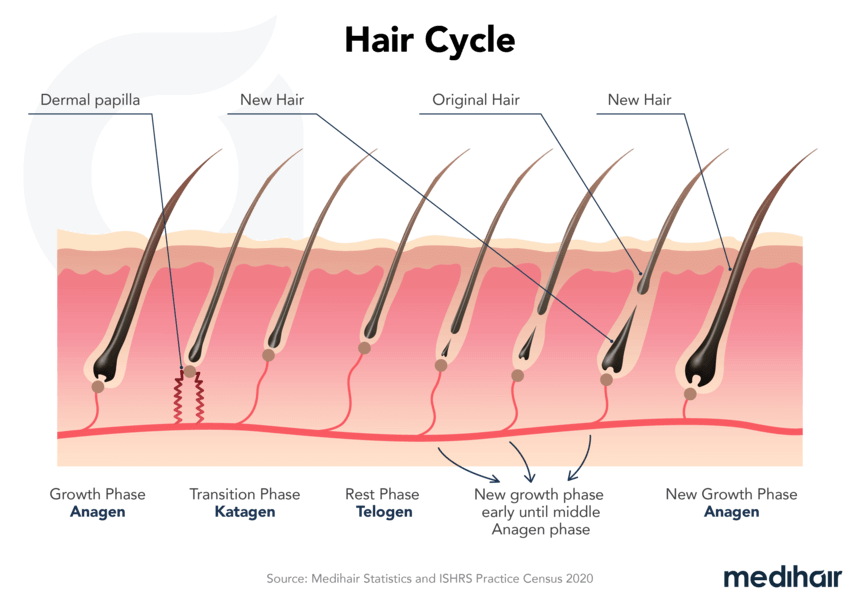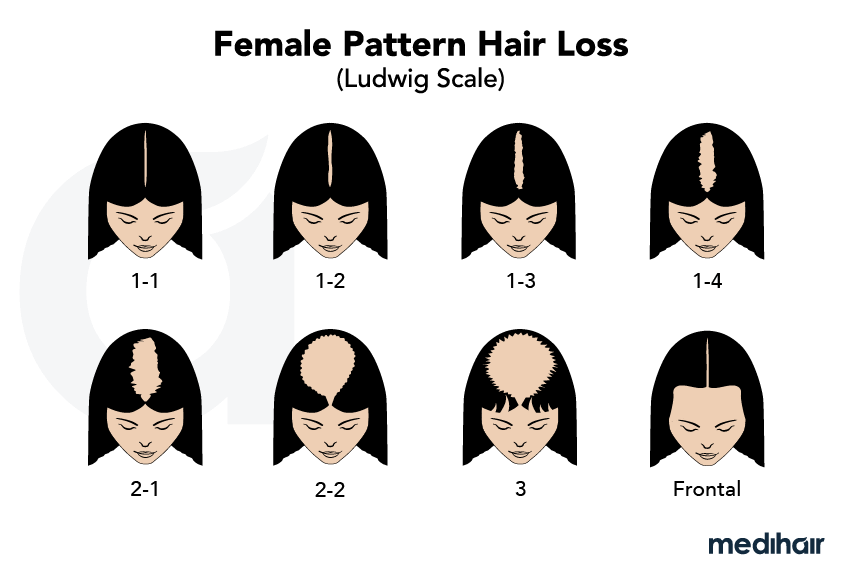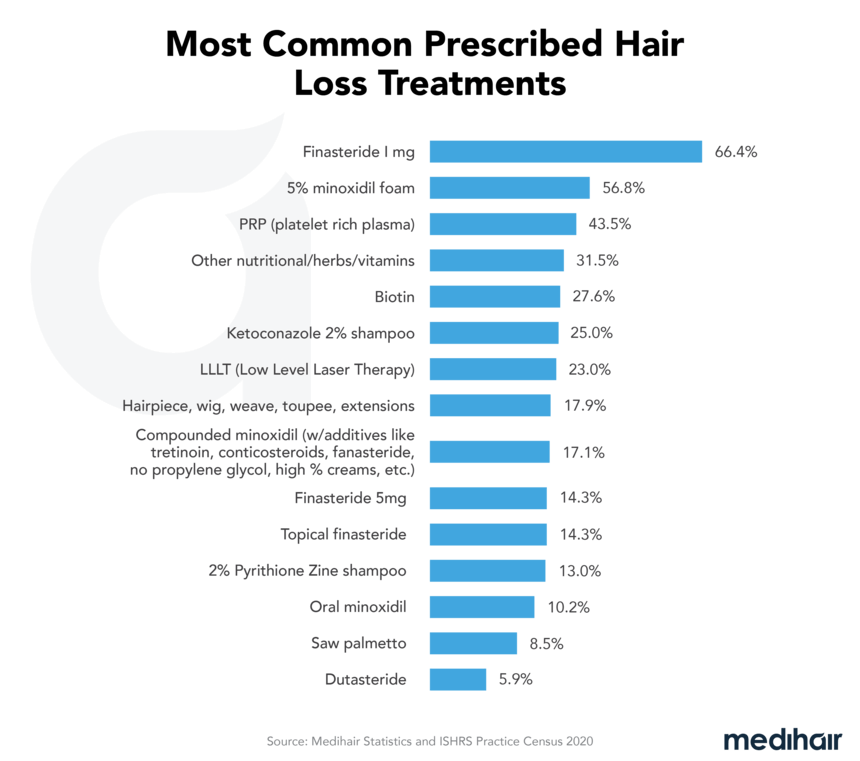Ketoconazole Against Hair Loss: How Effective?

Ketoconazole is one of the primary ingredients in medicated shampoos designed to fight dandruff and itch. Recently, scientific evidence seems to be stacking up in favor of the chemical regarding its effect on stopping hair loss. So we have compiled some of the major studies advocating the chemical’s effects against hair loss in an effort to gauge how effective it can be as a possible treatment.
Most Important Findings
| How does it work? | Increases DHT levels |
| How effective? | Slows down hair loss |
| Forms | Shampoo, Topical |
| Alternativees | Finasteride, Minoxidil... |
- Free
- Fast
- Non-binding
| Study | Result |
|---|---|
| A. W. Rafi, R. M. Katz et al (2011) | A pilot study was conducted on 15 patients to test the efficacy of a novel topical combination of minoxidil, finasteride, and dutasteride named NuH hair. NuH hair was part of a 4-part regimen designed to treat hair loss. The other 3 components included Rogaine foam, Propecia, and ketoconazole shampoo. Every patient was prescribed NuH hair and allowed to have any or all of the other three components in their regimen. Patients’ scalps were photographed at regular intervals of 1, 3, 6, and 9 months to identify progress in hair growth. The final results showed that patients who utilized all 4 components displayed signs of significant hair growth in 30 days. Meanwhile, patients who chose to only utilize NuH hair showed signs of hair growth only after the 3-month mark. |
| C Piérard-Franchimont, P De Doncker, G Cauwenbergh, G E Piérard et al (1998) | An experiment was conducted to determine if ketoconazole’s anti-inflammatory properties could reduce hair loss. The effect of 2% ketoconazole shampoo was compared with a 2% minoxidil solution. Both solutions seemed to improve hair density and size to a similar level. |
| Jaime R Fields, Peter M Vonu, Reesa L Monir, Jennifer J Schoch et al. (2020) | This study conducted a systematic review of existing scientific literature related to ketoconazole’s efficacy as a treatment for hair loss. A total of 47 papers were reviewed, out of which 7 were considered eligible for the final report. 5 out of the 7 were human studies, while the other 2 were animal studies. The results of all 7 studies noted the positive effect of ketoconazole on hair growth. Almost all human studies reported increased hair shaft diameter after ketoconazole application. Plus, the clinical evidence gathered through photographs and subject evaluation also confirmed significant hair growth. |
Sources


